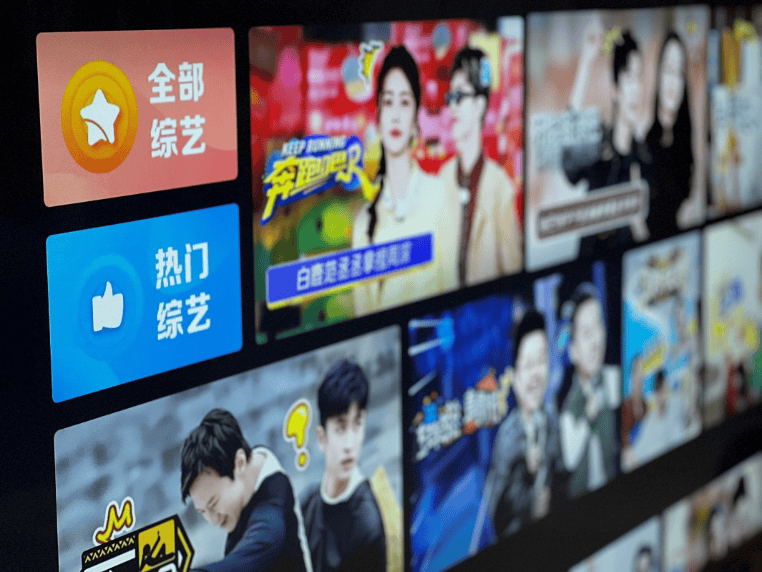Scratch Wireless是Sprint的移动虚拟运营商,从2013年开始以无线Wi-Fi优先的模式为用户提供服务。由于其近期忙于未明确的新产品及服务,所以不再向新用户提供服务。


该公司在官网上宣布:“但Scratch Wireless仍将继续为现存用户提供服务,我们的产品服务不会断,但是无法购买了。如果造成任何不便,我们深表歉意。”
Scratch Wireless的首席执行官和联合创始人Alan Berrey告诉FierceWireless:“我们正在重新设计并改善方案,计划近期向大家公布好消息。”
当被进一步问到关于公司现状时,Berrey承认Scratch在出售无线Wi-fi优先的虚商服务模式时面临挑战。Berrey也告诉FierceWireless,“无线WiFi优先是移动产业的具有强制性以及破坏性的动力。然而,在实际过程中却很难实施,所有的无线Wi-fi优先运营商都面临着很多限制。Scratch Wireless正在摧毁原有产业墙,并开启一个生态系统的新的入口点。我们一旦有新消息,一定会及时告诉你们的。”
Scratch Wireless是美国市场上的第一批虚商代表,主要通过无线Wi-Fi网络引导用户消费,只有在无线无法使用的时候才会使用Sprint网络。这样的一个通过Wi-Fi支持用户移动通话的设置,主要需要用户在手机上安装一个特殊软件。Scratch首次推出的时候,价格从一天24小时的数据及语音服务收费1.99美元,到一个月数据及语音服务收费14.99美元之间变换。同时提供250分钟的移动通话语音服务或者是200M的蜂窝数据。该公司最初通过269美元的摩托罗拉Photon Q提供服务。
但这些年发展下来,Scratch被迫去改变其服务和价格。例如,去年年初,公司不再提供无限制蜂窝数据流量,继而一天50M数据收费2美元,一个月1G的数据收费25美元。在10月份的时候,Scratch停止提供免费无线Wi-Fi通话服务,以及通过Sprint网络的免费短信服务。相反,公司开始每月无限制Wi-Fi以及数据网络通话收费9.99美元。
Scratch不是唯一一家在无线Wi-Fi优先模式下提供移动服务的公司。Sprint的另一家虚商Republic Wireless也是基于“大部分用户会使用无线Wi-Fi”的理念来提供服务的。谷歌的虚商,去年开始运营的Project Fi也提供相类似的服务,为大约1,000,000名用户接入公共Wi-Fi热点,同时不再提供利用Sprint和美国T移动的数据服务。
至少一家有线运营商已经进入这个游戏: Cablevision的Freewheel提供纽约以及周围地区的约1,000,000个热点无线接入,每月收费29.95美元。
通过像苹果这样的智能手机供应商提供的由内置的支持无线Wi-Fi通话的功能,无线Wi-Fi优先商业模式已经进一步云化,现在所有顶尖的国内无线运营商都提供在iPhone的无线通话。
Scratch Wireless, an MVNO on Sprint’s network that launched in 2013 with a Wi-Fi-first mobile service model, is no longer selling its services to new customers as it works on unspecified new products and services.
“Scratch Wireless continues to support current customers, however, our product is discontinued and unavailable for purchase,” the company said on its site. “We apologize for any inconvenience.”
“We are in the process of re-designing and improving the solution,” CEO and co-founder Alan Berrey told FierceWireless. “We plan to make some positive announcements soon.”
When questioned further about the company’s situation, Berrey acknowledged that Scratch has faced challenges in selling its Wi-Fi-first MVNO service model. “WiFi-First is a compelling and disruptive force in the mobile industry,” Berrey told FierceWireless. “As we have experienced, however, it is difficult to implement. There are several constraints which all WiFi-First players are facing. Scratch Wireless is in the process of tearing down industry walls and opening new on-ramps to the ecosystem. We’ll let you know as soon as we have something to announce.”
Scratch Wireless was one of the first MVNOs in the U.S. market to launch with a service that drove users’ traffic mainly over Wi-Fi networks and fell back to Sprint’s network only when Wi-Fi wasn’t available. Such a setup, which supports mobile calling over Wi-Fi, generally requires specialized software on users’ phones. Scratch initially launched with prices ranging from a 24-hour data and voice pass for $1.99, to a 30-day data and voice pass that cost $14.99 and provided either 250 cellular voice minutes or 200 MB of cellular data. The company initially provided service via the $269 Motorola Photon Q.
But over the years Scratch was forced to tweak its services and pricing. For example, early last year the company dropped unlimited cellular data passes from its offering, instead charging $2 for data pass for 24 hours and 50 MB of data usage, ranging up to $25 for data passes that offered 1 GB of cellular data over 30 days. And then in October Scratch stopped offering free Wi-Fi calling and free texting over Sprint’s cellular network; instead the company started charging $9.99 per month for unlimited calling on Wi-Fi and cellular networks.
Scratch isn’t the only company to offer mobile services under a Wi-Fi-first model. Republic Wireless, another Sprint MVNO, also offers service based on the notion that most user traffic will travel over Wi-Fi. And Google’s MVNO, dubbed Project Fi that launched last year, provides a similar setup, with access to roughly 1 million public Wi-Fi hotspots alongside fallback cellular service from both Sprint and T-Mobile US.
And at least one cable operator has gotten into the game too: Cablevision’s Freewheel offers unlimited access to around 1 million hotspots in New York and surrounding areas for $29.95 per month.
The Wi-Fi-first business model has been further clouded by built-in support for Wi-Fi calling from smartphone vendors like Apple; all the top nationwide wireless carriers now offer Wi-Fi calling on iPhones.








